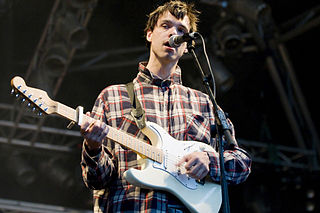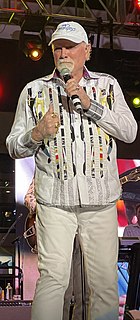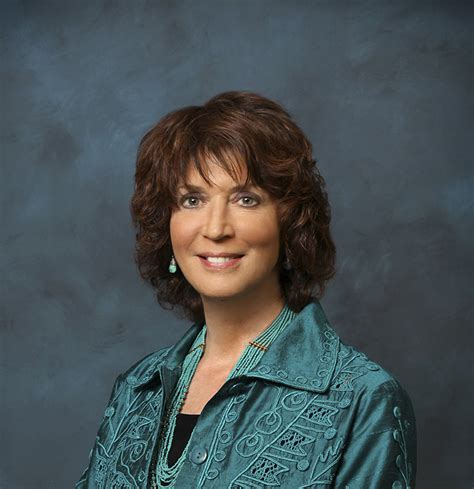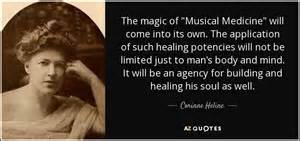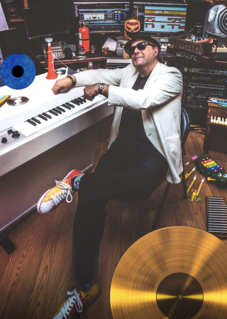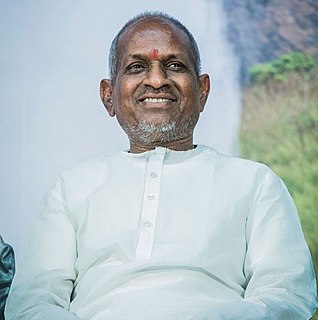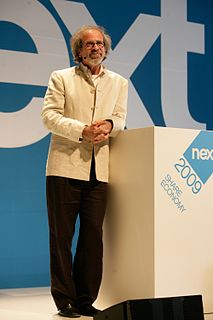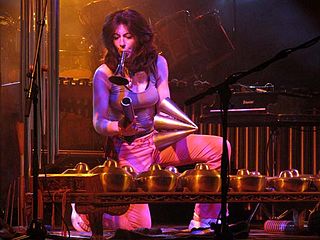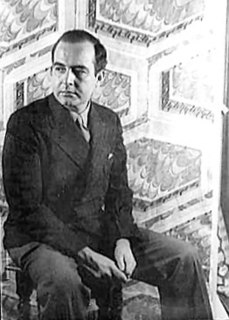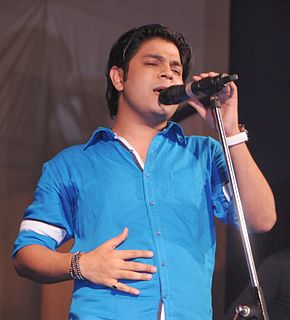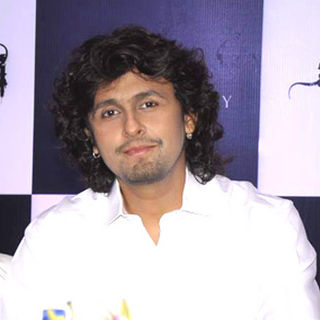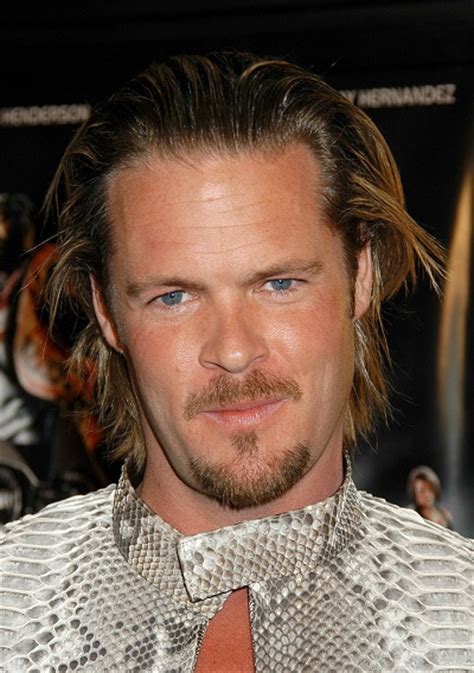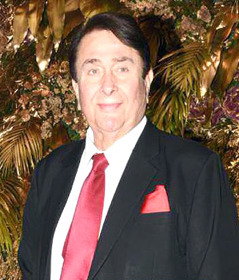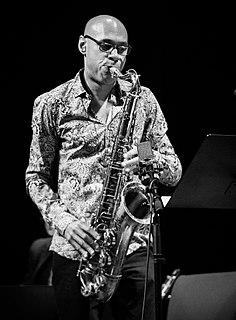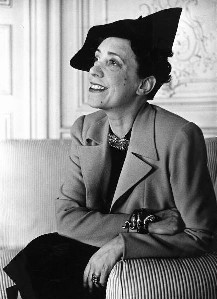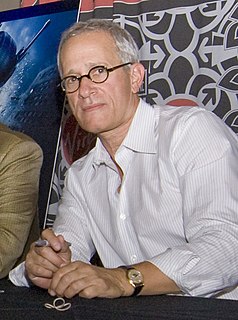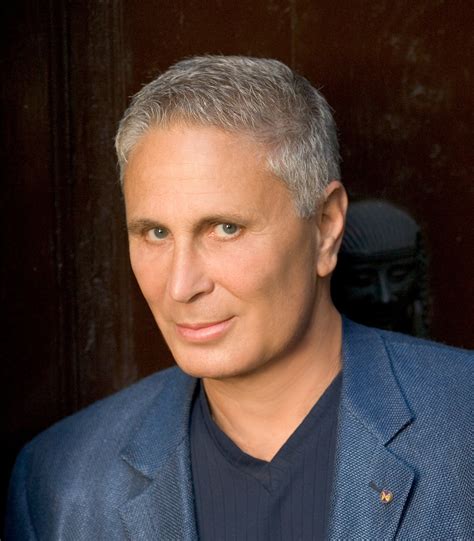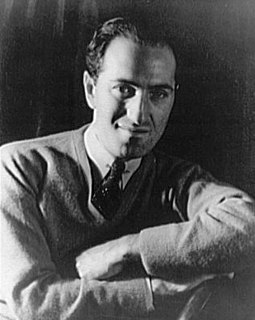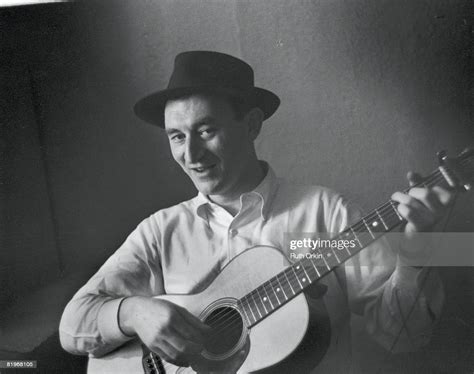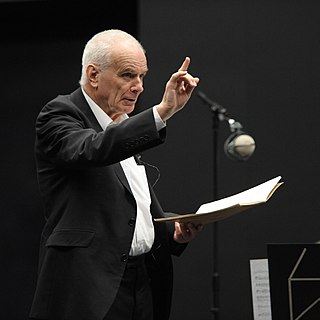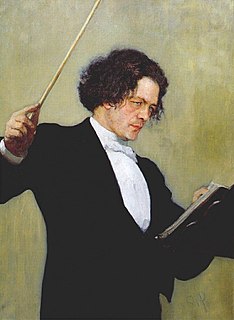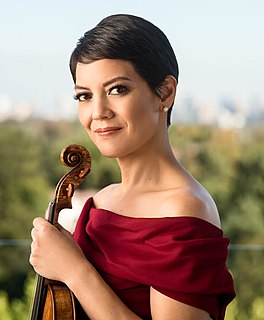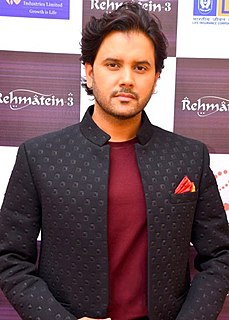Top 403 Composers Quotes & Sayings - Page 6
Explore popular Composers quotes.
Last updated on April 20, 2025.
All great musical composers have been connected, consciously or unconsciously, with this source of music-a fact that enabled them to become masters of their art. Their compositions contain specific messages brought through from high realms for the definite purpose of bettering world conditions and bestowing upon mankind greater illumination.
I'm a fan of 20th century orchestral music, the experimental avant-garde composers of the '50s, '60s, and '70s. In horror movies you can write music that if it was performed on the concert stage would have the audience running out of the room with their fingers in their ears. But in a movie all of a sudden it becomes incredibly accessible and appreciated.
Right from the 17th century, composers who have taken up music as their means of livelihood went through a hard time financially. They were paid only for commissioned works and public performances. And, when their music became famous, orchestras in other cities and countries would pay a small amount to copy the music.
A whole generation of veteran composers has never taken a stand or provided an example and has produced in the music academies generations of docile workers for the music industry. What can you expect from downtrodden workers who see music as a type of profession, like stenography, and not an act of creation that by its nature is subversive?
The music of Gavin Bryars falls under no category. It is mongrel, full of sensuality and wit and is deeply moving. He is one of the few composers who can put slapstick and primal emotion alongside each other. He allows you to witness new wonders in the sounds around you by approaching them from a completely new angle. With a third ear maybe.
I don't want any of my records to sound like one style throughout. That's why I choose different grooves and songs: tunes that are sensitive and slow as well as pieces that are abstract and fast. The approach I want to take with my records is to give the listener a variety of grooves, concepts, and composers.
The musical culture in the United States has no doubt suffered severe setbacks, especially in funding, since the early 2000's. However, I've been amazed at the resiliency of those involved with contemporary music in this country. I think composers and those dedicated to contemporary music have reacted with tremendous creativity and resourcefulness.
Writers are painful friends, and they are seldom friendly with others. They are insecure in the presence of other writers. Composers of certain kinds of music are the same--tormented and intolerant. Yet some arts not only make the artist social but make him depend upon sociability in order to succeed. Painting is one.
For me personally, Elliott Carter was and remains one of the most meaningful composers of the late 20th and early 21st centuries because he represents substance. He was the living proof of uncompromising, complex music, which at first seems inaccessible. But it becomes accessible if one digs in and sees the development through.
I think that what's been holding composers back a great deal is that they feel they must have a new style every year. This, in my case, would be hopeless. In fact, it is said that I have no style at all, but that doesn't matter. I just go on doing, as they say, my thing. I believe this takes a certain courage.
The more dollars the studio producers put in, the less freedom we have. If the budget hits $100m, they get scared - they'll take the existing score of a successful movie and expect composers to copy it, like wallpaper. The biggest challenge for any composer in Hollywood is to be as creative as possible within those boundaries.
There are two classes of women in Soviet Russia. There is the professional class, which has taken the place of the nobility and includes government officials, artists, doctors, composers and writers as well as former members of the old nobility whose sympathy is with the Soviets, and also the peasant class.
I know that the classical world has resisted film composers throwing their hat into the classical concert music ring. And you know I don't think that's totally without justification. I think sometimes it seems to me there is a built in automatic prejudice against the whole idea of it. And it's very difficult to overcome that stigma.
Modern European composers...have very largely received their stimulus, their rhythms and impulses from Machine Age America. They have a much older tradition of musical technique which has helped them put into musical terms a little more clearly the thoughts that originated here. They can express themselves more glibly.
A lot of the so-called systems composers have this thing that the system is always right. You don't fiddle with it at all. Well, I don't think that. I think the system is as right as you judge it to be. If for some reason you don't like a bit of it you must trust your intuition on that. I don't take a doctrinaire approach to systems.
There are, however, composers whose music can only be heard in a chromatic sense. George Perle, for example, wrote pieces that you might think of as leaning in a tonal direction but it's very hard to register a pitch as, say, the sixth degree of a scale, whereas in much of my music I think that's often relatively easy to do.
When you build a building, you finish a building. You don't finish a garden; you start it, and then it carries on with its life. So my analogy was really to say that we composers or some of us should think of ourselves as people who start processes rather than finish them. And there might be surprises.
For many years, I've always been attached to what they call the Great American Songbook, and Kern was a great leader of that because he had the classical training of Europe. He impressed all the greatest composers, like Cole Porter and Gershwin. They couldn't believe he was writing the songs he was writing.

